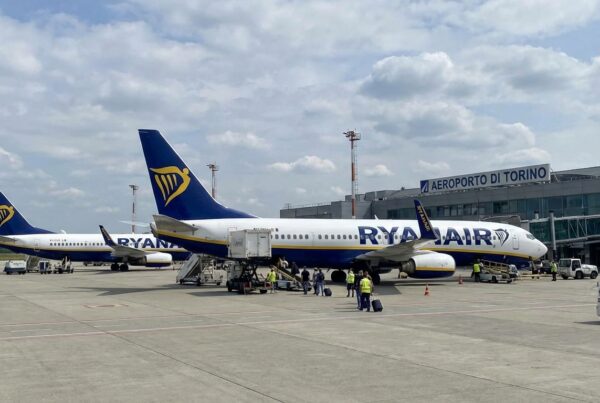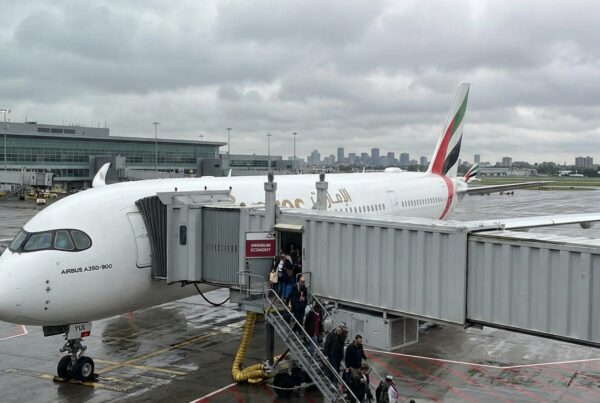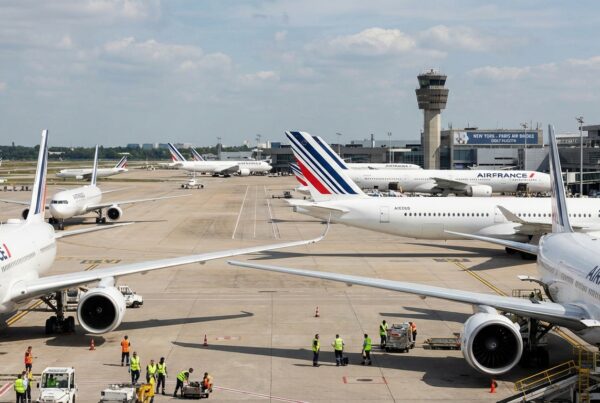Since the announcement of the virtual elimination of printed boarding passes, many travelers have been wondering whether going paperless is synonymous with risk at the airport. Between environmental gains, operational complexity and passenger rights, the switch to digital 100% raises concrete questions for users, particularly the elderly, those with disabilities and travelers without smartphones.
Why Ryanair is switching to digital boarding passes
According to Flywest, the low-cost airline cites simplifying the customer journey and reducing paper consumption as the main reasons for this decision. Against a backdrop of accelerating digitalization in the airline industry, carriers are seeking to automate flows, reduce operating costs and modernize the airport experience. Dematerialization can speed up the passage through checkpoints and prevent certain types of fraud linked to unauthorized printing. On the other hand, the transition poses a challenge fordigital inclusion Not all passengers have access to a smartphone, a charged battery or a reliable mobile connection at the time of boarding.
The authorities' reaction and a reminder of passengers' rights
Flywest reports that the Portuguese authority has reacted swiftly to point out that digitalization cannot be achieved at the expense of passengers' fundamental rights. National regulators insist on the following principle: a passenger with a confirmed reservation who has proceeded to check-in cannot be denied boarding for the sole reason of not presenting a digital boarding pass. This position highlights the need to balance innovation and user protection, particularly in the event of technical failure or for vulnerable passengers.
The European legal framework and its implications
From a regulatory point of view, the digitization of travel documents does not exempt airlines from their obligation to respect passengers' rights. Flywest points out that European rules guarantee access to transport and prohibit discriminatory practices. Consequently, the digital option must be accompanied by alternative solutions that are free of charge and easy to access at the counter or gates, with no extra charge for issuing a paper card when necessary.
Practical consequences for boarding and security
Going all-digital changes boarding area habits. Ground staff and security teams have to adapt their procedures to accept QR codes displayed on different phone models, and carry out checks when the display is faulty. Flywest notes that airlines adopting this model need to invest in team training and system robustness to avoid queues and delays due to technical problems. Furthermore, the exclusive use of digital technology can make it difficult to assist people with reduced mobility or travelers unfamiliar with mobile applications.
What rights do passengers have in the event of a breakdown?
In the event of a problem accessing a digital boarding pass, Flywest reminds passengers that the company cannot charge for printing a document that is essential for travel. Passengers must be able to obtain a solution at the counter without penalty. In addition, on-board emergencies, assistance needs and access to priority services remain subject to the same rules, whether the document is printed or displayed on a screen.
How to prepare for travel in a paperless world
To limit the risks on the day of departure, it is advisable to check your digital access equipment before arriving at the airport: sufficient battery, screen capture of the boarding pass, printing at home if possible, or requesting assistance from customer service in advance. Flywest stresses the importance of anticipating online check-in and registering an accessible e-mail address or telephone number. If in doubt, contact the company before the trip to obtain an alternative access method and avoid unpleasant surprises.
Future challenges: sustainability, confidentiality and interoperability
The elimination of paper meets the challenges of durability but also raises questions about personal data protection and interoperability between airport applications and systems. Flywest points out that the widespread introduction of digital cards should be accompanied by enhanced requirements in terms of IT security, accessibility options and ongoing dialogue between airlines, airports and national authorities to ensure an inclusive transition.
The move to all-digital travel is inevitable, but its success will depend on the ability of all players to maintain accessibility, reliability and respect for passenger rights during this transformation.




